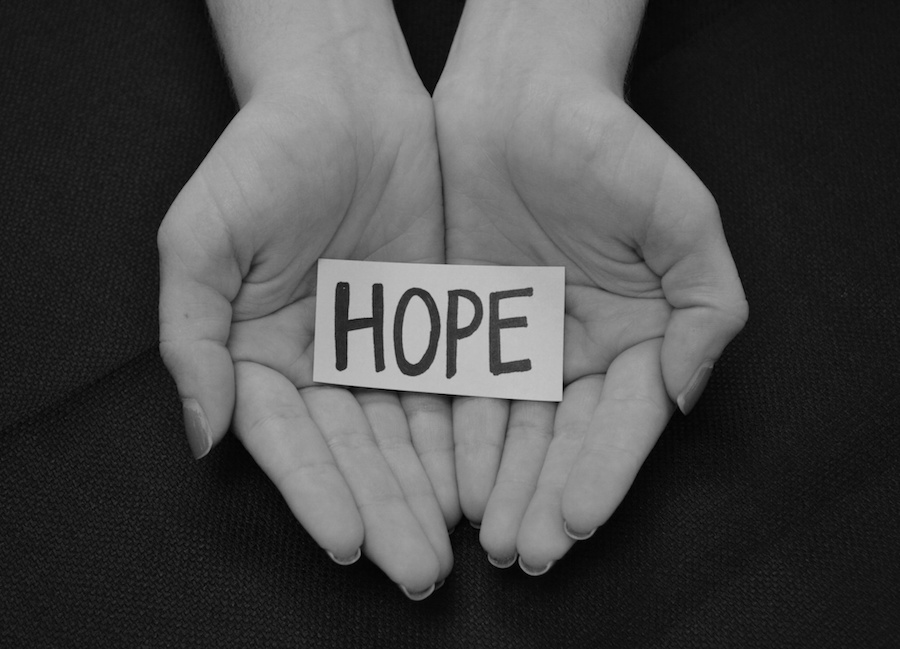Loving someone who’s living with dementia is one of the scariest, most nerve-wracking, frustrating, painful things you’ll ever go through in your life. Everyone wants to get it right; one of the most frequently asked questions I get is “What do I do now?”
Try not to panic. It accomplishes nothing, and you’ll be drained after the feeling passes.
Instead, try this: Aim for calm. Take a deep breath or fifty, and know that there are lots and lots of people who’ve walked this path before you. You will get through this. How gracefully is up to you.
Don’t stick your head in the sand. Denying anything is amiss is only going to make it worse, ultimately.
Instead, try this: Be realistic. There’s a problem. You know this either because you’ve observed it yourself, someone’s told you about it, your gut is screaming it at you, or some combination of the three. Accepting there’s a problem is the first step, truly.
Don’t think you’ve got this thing all on your own. No, you don’t. The most brilliant care partners I’ve ever worked with were so brilliant because they understood they needed help and a break.
Instead, try this: Get help. Help comes in a variety of forms, so pick (at least) one and don’t judge what that help looks like. It’s true no one can take care of your person the same way you can; no one can do anything the same way you can. That doesn’t make others wrong; it makes others different. Give up the idea that your sister should personally provide respite care 52 weekends a year and graciously and gratefully accept her offer to write a check for professional respite care 52 weekends a year.
Don’t believe you have the luxury of time. This is a chronic, progressive, incurable, terminal disease. It lasts anywhere from 2-20 years; typically 7-12 years. That’s a long time to wing it and think everything will just magically fall into place at some point. An excruciatingly long time.
Instead, try this: Understand TODAY is the best day. None of us knows exactly what the future holds, but I can promise you from experiences with hundreds of families, you don’t want to be the daughter who’s beating herself up with woulda-shoulda-couldas. Use TODAY in a way that makes future you really proud of your choices.
Don’t lose your patience/temper. You will cringe a thousand times over when it comes back to haunt you–and it will come back to haunt you.
Instead, try this: Understand how the brain is affected by the disease process. The whole brain is under attack with dementia. That includes the inability to use reason & logic; poor safety awareness; inability to plan ahead; difficulty holding onto a thought long enough to carry it through to a meaningful action; loss of ability to self-soothe; difficulty understanding what others are saying; difficulty formulating a response to what others are saying; confabulation; conflating; perseverating.
I could keep going with this list, but you get the idea, right? Bottom line, your brain isn’t under attack so you’re the one with the ability to change, to take a deep breath, to count to 10.
Don’t lose hope. Approximately 30% of dementia care partners will never get help because they’ve lost hope that anything about their situation could ever get better or improve. Put another way, what if 30% of people with a burn did nothing about it, figuring it already happened and there’s no way there could possibly be anything out there that could alleviate the pain or soothe the skin?
Instead, try this: Have hope. Know deep down in your bones, in your heart of hearts, that there’s got to be a better way through this disease process than constantly struggling and being knocked around like a pinball. Reach out for help. Educate yourself. Take a teeny, tiny little risk that trying something different just may get you a different result.
Don’t lose yourself/your relationships. This disease process is already full of loss. Don’t add to it by letting it define your entire life, excluding your own needs and wants, and other people you love.
Instead, try this: Acknowledge your own value, and the value of others. We can’t get through life on our own, but we all die alone. You can’t go with your loved one. It’s important you still have a life after your loved one passes. Even if it’s only via email, text, or phone calls, continue relationships with other people in your life throughout this process. And please don’t be one of the 40% who die before the person they’re caring for because of self-neglect.
Don’t ever forget the value of a single moment. When you can step into your loved one’s reality, when you can sit shoulder to shoulder, when you can hold hands, when you can breathe together, when you can transmit nothing but love, when you can make a terrifying moment for her okay by your very presence, when you can say “I won’t let you go through this alone; I’ve got you now,” well…that is the best super power in the whole universe. Use it!
Suggested Next Steps
- Reach out for help (feel the fear and do it anyway!)
- Remember I’m rooting for you, cheering you on, and sending you love & endless buckets of patience!
Christy Turner is the founder of DementiaSherpa.com and has enjoyed the privilege of working with 1,123 people living with dementia and their families. Follow on Facebook, Google+, Instagram, Pinterest, Twitter, and YouTube. Content varies across platforms.
Updated 9/14/17

